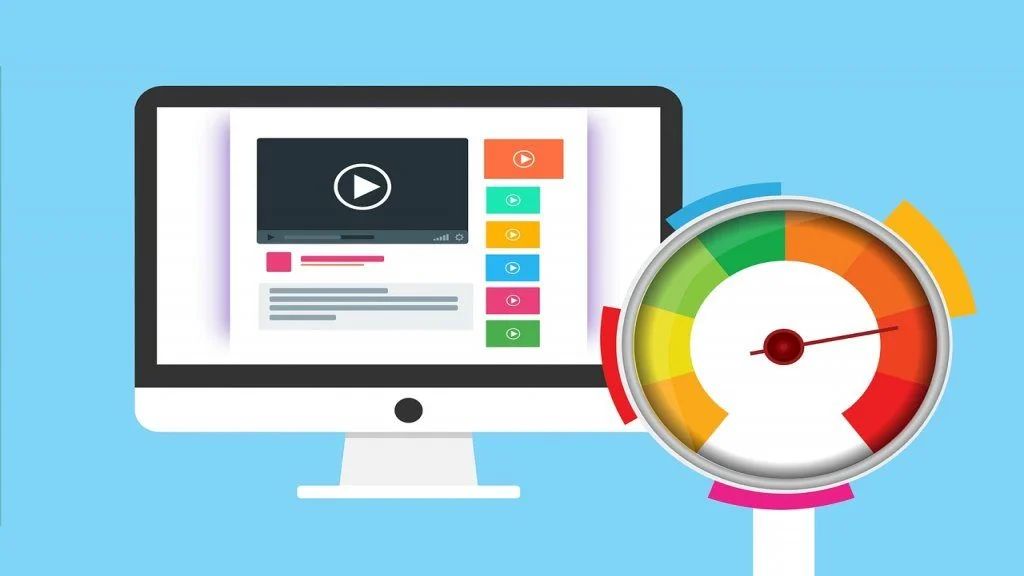9 Ways to Speed Up Your Website and Improve Conversions in 2021
Website optimization plays a key role in digital marketing. It facilitates your visitors' experience on the site and makes it easier for them to accomplish their tasks/purchases. When a website suffers from poor speed despite using reliable internet connections like Optimum packages, it drives the user away. This affects your brand image, search rankings, and revenue-generating opportunities.
So to optimize user website experience and maximize your revenue, you need to look into the ways that’d help improve website performance. Here are some of them.
1. Reduce HTTP Requests
Most of the loading time for a web page is taken up to download its different components including images, scripts, and stylesheets. An HTTP request has to be made for each one of these elements; hence the more components on the web page, the longer the load time.
So first of all, identify how many requests your site is making currently. Then evaluate how many of them are necessary and which ones are taking longer. Removing unnecessary images, compressing the size of the remaining images, and merging CSS files can help reduce the number of requests significantly thereby improving the load time of your web page.
2. Enable Browser Caching
When you enable browser caching, elements of a web page are stored in the user’s browser. So the next time they visit your website, the browser would automatically load the page without needing to send another HTTP request. With browser caching enabled, requests would only be materialized in case of new elements on the page. This would reduce the number of file downloads during a browsing session which in turn would help improve website speed and user experience.
3. Use a Fast Web Hosting Service
The choice of your web host plays a major role in the performance of your website. So do your homework before you select one. If your site enjoys a good amount of traffic, you should not be using low-budget web hosts like GoDaddy, Bluehost, and Hostgator.
WP Engine is a reliable hosting platform with excellent speed, daily-back-ups, and WordPress-specific security. So if you run WordPress, this would be the ideal option. Other reputable web hosts include INAP, Hetzner, and LiquidWeb.
4. Switch off All Unused & Unneeded Plug-ins
A lot of times WordPress and other websites have several plugins and extensions installed which are almost never used. Many of these require loading different JavaScript and CSS files which can greatly affect your site speed. So perform a plugin audit to get rid of all the plugins that are not in use.
5. Optimize Media Files
Mobiles with high-quality cameras and advanced content management systems like WordPress have made it extremely convenient for the user to simply click a picture and upload it. But what people don’t realize is that when they post an image that is much bigger than necessary, it has a drastic effect on the performance of a web page. Optimizing your media files is rather simple but it can improve your site performance tremendously.
6. Update CMS Regularly
Whether you’re using WordPress or any other content management system, it is important to be updated about their latest fixes and patches. Often these fixes are released to help improve website performance by making it lighter and faster to load. But make sure you check the latest update on a test site first to be sure it is compatible with your web hosting platform or if it is contributing to your website performance in any way. If not, keep an eye on the next release.
7. Load JavaScript Files Asynchronously
Many websites load content that is written in JavaScript entirely. So even if a web browser is capable of performing multiple HTTP requests at a time, it’ll load the content piece by piece. This is called ‘render blocking’ and it can affect your webpage load time badly because each file has to wait for its turn to load in the user’s web browser.
If you set your website to load JavaScript files ‘asynchronously’ (happening at the same time), you can change this rule and make for a better user experience. Several plugins can help you do this. For example, on WordPress, you could make use of the WP Rocket plugin or Hubspot.
8. Use CDN
A CDN is a highly distributed platform of servers that help minimize delays in page loading by reducing the physical distance between the user and the server. So when a visitor comes to your site, it uploads or fetches content from the closest server and hence takes much less time. This translates into improved user experience, higher search engine rankings as well as lower hosting costs. However, make sure you choose a recognized CDN (content delivery network). Cloudflare and MaxCDN are among the top CDN networks available in the market.
9. Use Benchmarking Tools
Setting benchmarks is very important when we’re working to achieve something. For website optimization, using benchmark tools can help you see how well your site is performing and also give suggestions to increase its speed.
Google PageSpeed Insights is a good option in this regard. It scores your website for both mobile and desktop and also highlights the issues you need to fix to improve your score/website speed. GT Metrix also grades your page load time and compares multiple URLs to see where your page stands at the moment.
When you have reliable tools to grade your website and give suggestions, it becomes easier to identify loopholes and fix them.
Conclusion
Good website speed is crucial for higher conversion rates. The quicker a web page loads, the higher the chances of the user performing a targeted action on it. So make use of the above-mentioned tips to enhance your website performance. Some of them may seem a little technical, but implementing them would surely be beneficial for your business in the long run. 












